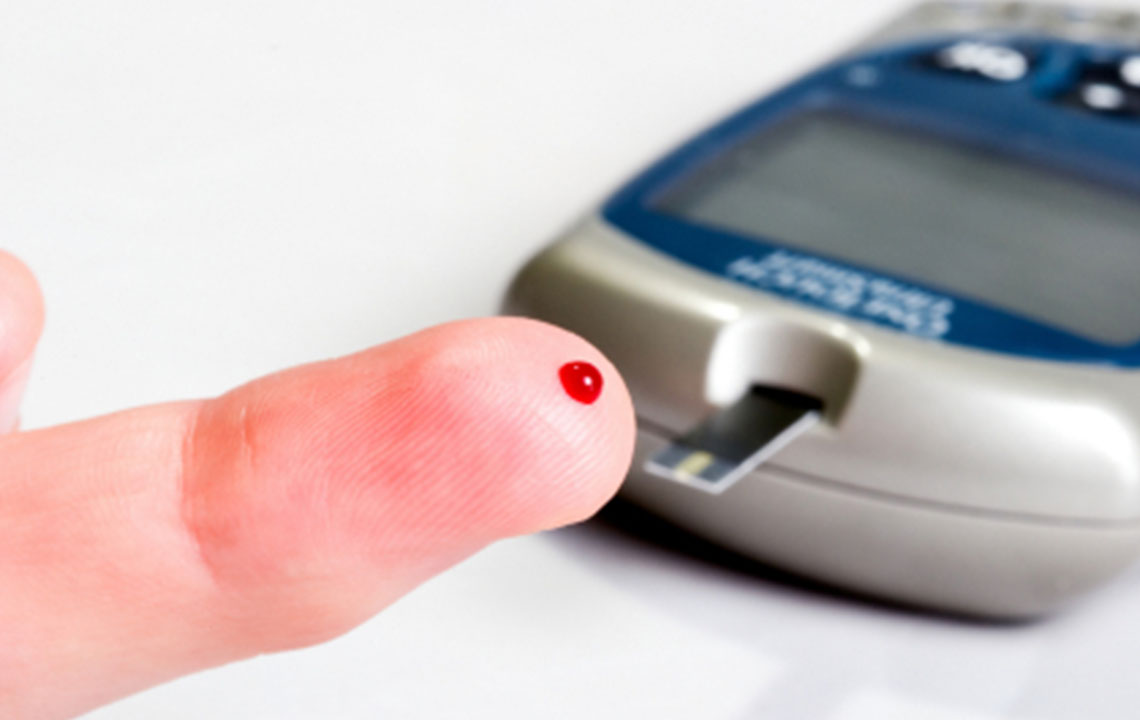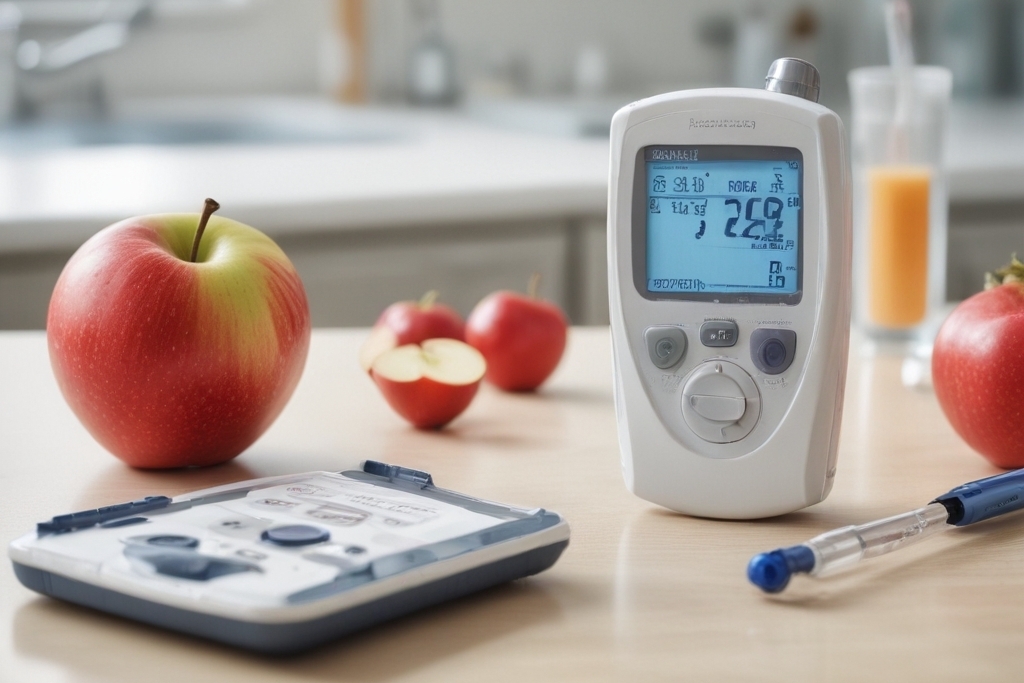Comprehensive Guide to Lowering Your A1C Levels for Better Diabetes Management
This comprehensive guide provides practical, science-backed strategies to help individuals lower their A1C levels and improve diabetes management. Emphasizing personalized plans, healthy eating, regular exercise, weight management, and stress reduction, it aims to empower readers to achieve optimal blood sugar control and overall wellness through sustainable lifestyle changes.

Comprehensive Strategies to Maintain Healthy A1C Levels
The Hemoglobin A1C test is a crucial diagnostic tool used to measure the average blood glucose levels over a period of two to three months. This test provides valuable insights into how well your diabetes or prediabetes management plan is working. Keeping A1C levels within a healthy range is essential not only for controlling diabetes but also for preventing associated health complications, including heart disease, nerve damage, and kidney problems. Achieving lower A1C readings requires a dedicated approach involving lifestyle modifications, dietary adjustments, regular monitoring, and medical management. This comprehensive guide explores effective and practical strategies to help you lower your A1C levels, maintain optimal blood sugar control, and enhance your overall health and quality of life.
Effective Methods to Reduce A1C
Managing blood glucose levels effectively involves a combination of multiple interventions that work synergistically. Here are some proven and scientifically supported methods to help you achieve and sustain lower A1C levels:
Create a Personalized, Holistic Management Plan
Developing a tailored plan for lowering A1C requires careful consideration of various factors influencing blood sugar levels. This includes monitoring and managing carbohydrate consumption, meal timing, portion sizes, and variety of foods. Your plan should also incorporate physical activity routines, medication adherence, stress management, and regular health checkups. Collaborate with your healthcare provider to design a comprehensive strategy that aligns with your lifestyle, preferences, and medical needs. Consistency is key to successful management.
Maintain a Healthy Weight through Balanced Nutrition and Exercise
Achieving and maintaining a healthy body weight significantly impacts blood sugar control. For individuals who are overweight or obese, targeted weight loss—achieved gradually—can improve insulin sensitivity and reduce A1C levels. Focus on consuming nutrient-dense foods rich in fiber, lean protein, healthy fats, and low glycemic index carbohydrates. Combining this with regular, moderate-intensity physical activity accelerates weight loss and enhances blood sugar regulation. Remember, even small lifestyle changes can yield meaningful improvements over time.
Establish a Diabetes Management Strategy with Medical Support
Having a structured medical plan is vital for effective blood sugar management. This plan should include medication schedules, emergency contacts, and specific target glucose and A1C levels. Regular consultations with your healthcare team enable timely modifications to medications or treatment approaches. Keeping detailed records of blood sugar readings, dietary habits, and physical activity helps your healthcare provider make informed decisions, ensuring optimal control and preventing complications. Do not hesitate to seek professional advice when needed.
Monitor Your Diet Rigorously and Make Informed Food Choices
Maintaining a food diary is an excellent way to track carbohydrate intake, identify foods that cause blood sugar spikes, and adapt your diet accordingly. Prioritize foods that promote steady blood sugar levels, such as non-starchy vegetables, whole grains, legumes, nuts, and seeds. Avoid simple sugars and highly processed foods like white bread, candies, sodas, and refined white rice, which can cause rapid increases in blood glucose. Emphasize fiber-rich foods that slow down sugar absorption and foster satiety, helping in weight management and blood sugar stability.
Limit Simple Sugars and Focus on Complex Carbohydrates
Choosing the right types of carbohydrates is pivotal in managing A1C levels. Complex carbohydrates found in vegetables, whole grains, beans, and lentils release glucose more slowly into the bloodstream, preventing spikes and dips. Reducing intake of simple sugars found in sweets, sweetened beverages, and processed baked goods can drastically improve blood sugar control. Incorporating high-fiber foods supports digestive health, prolongs satiety, and stabilizes blood sugar levels over time. This dietary approach is fundamental in managing diabetes effectively.
Strive for a Healthy Body Weight
Body weight directly influences insulin sensitivity and glucose metabolism. Shedding excess weight, especially around the abdomen, can significantly lower A1C levels. Focus on combining a balanced diet with regular physical activity, emphasizing strength training and cardiovascular exercises. Avoid crash diets—they are unsustainable and can harm your health. Instead, adopt sustainable habits that promote gradual weight loss while enhancing metabolic health. Maintaining a healthy weight is a long-term commitment that yields lasting benefits for your blood sugar management.
Engage in Regular Physical Activity
Exercise plays a vital role in reducing blood glucose levels and improving insulin responsiveness. Incorporate activities like brisk walking, cycling, swimming, or aerobic classes into your weekly routine. Aim for at least 150 minutes of moderate-intensity exercise per week, or as advised by your healthcare provider. Always consult with your healthcare team before starting a new exercise regimen to ensure it suits your health condition. Consistent physical activity not only helps lower A1C but also enhances cardiovascular health, mood, and overall well-being.
Regular Blood Sugar Monitoring
Frequent testing of blood glucose levels provides critical feedback on your management strategies’ effectiveness. Use reliable glucometers or continuous glucose monitoring devices to keep track of your blood sugar, especially fasting, post-meal, and bedtime readings. Record and analyze your results to identify patterns or food triggers causing fluctuations. Share these insights with your healthcare provider to adjust treatment plans accordingly. Staying vigilant with monitoring empowers you to make proactive lifestyle choices that support lower A1C levels.
Stress Management and Mental Wellbeing
Chronic stress triggers the release of cortisol, a hormone that can raise blood sugar levels and increase appetite, making blood sugar control more difficult. Incorporate stress-reducing techniques into your daily routine such as meditation, deep breathing exercises, yoga, or mindfulness. Prioritize mental health by maintaining social connections, pursuing hobbies, and ensuring adequate sleep. Managing stress effectively not only stabilizes blood glucose but also enhances overall quality of life and emotional resilience.
In conclusion, lowering A1C levels is a multi-faceted process that involves lifestyle adjustments, dietary vigilance, regular medical follow-ups, and stress management. By adopting a holistic approach and working closely with healthcare professionals, individuals with diabetes can significantly improve their blood sugar control, reduce the risk of complications, and enjoy a healthier, more vibrant life. Remember, consistent effort and patience are key to long-term success.





